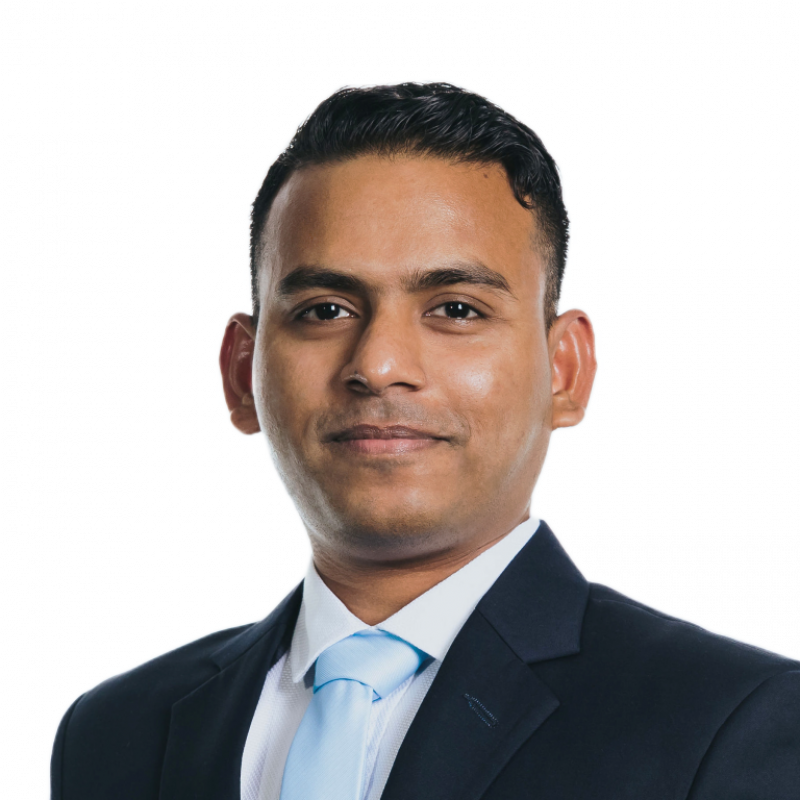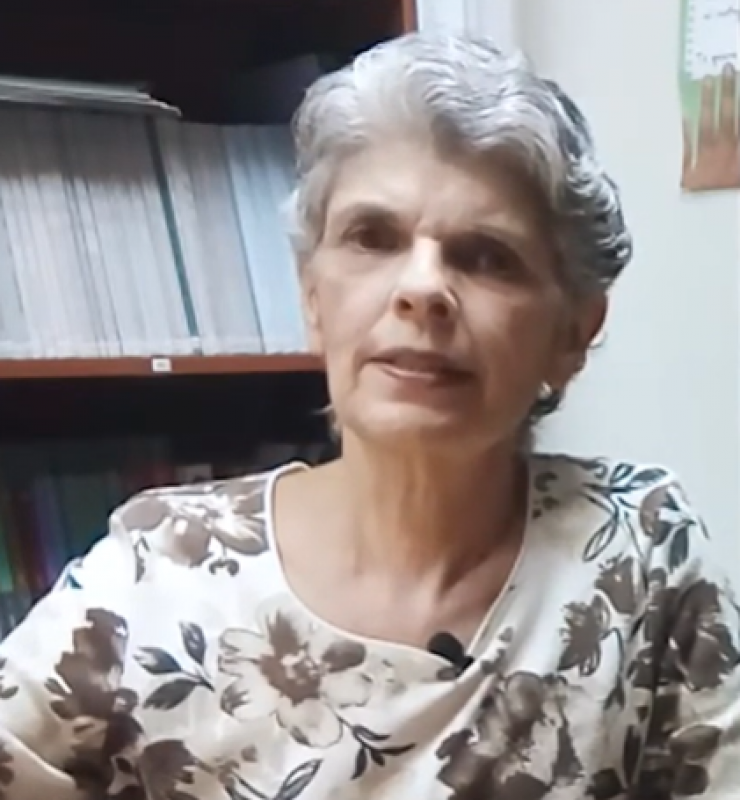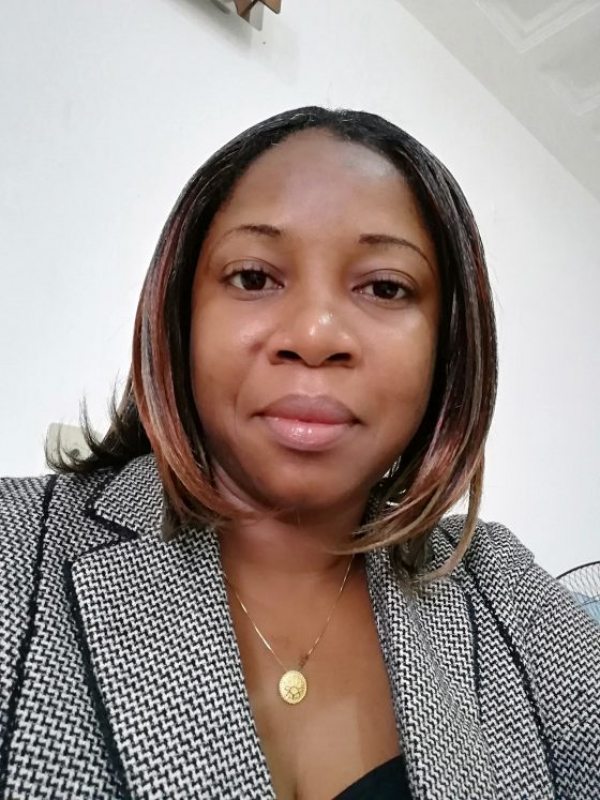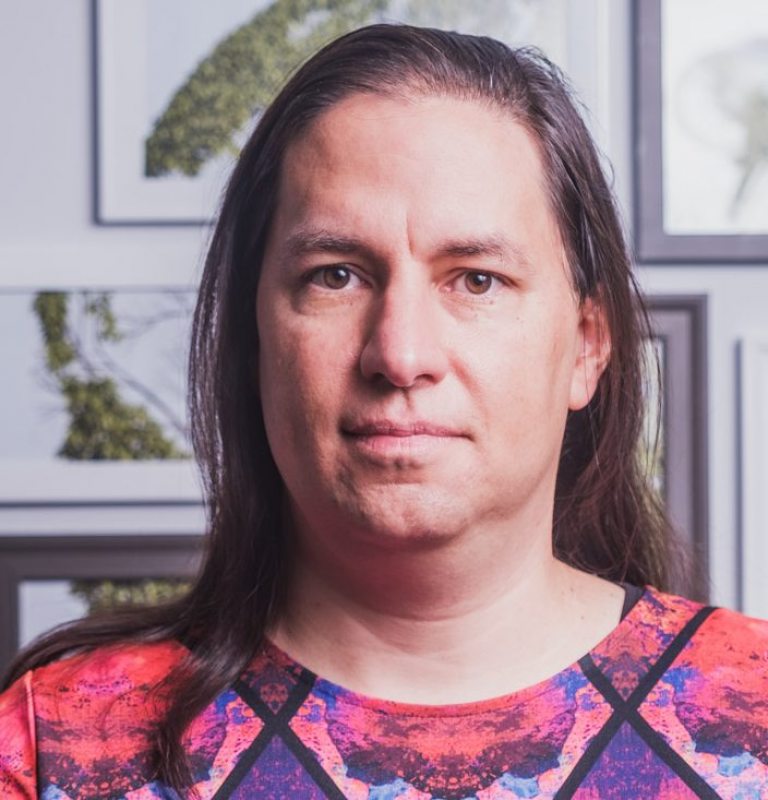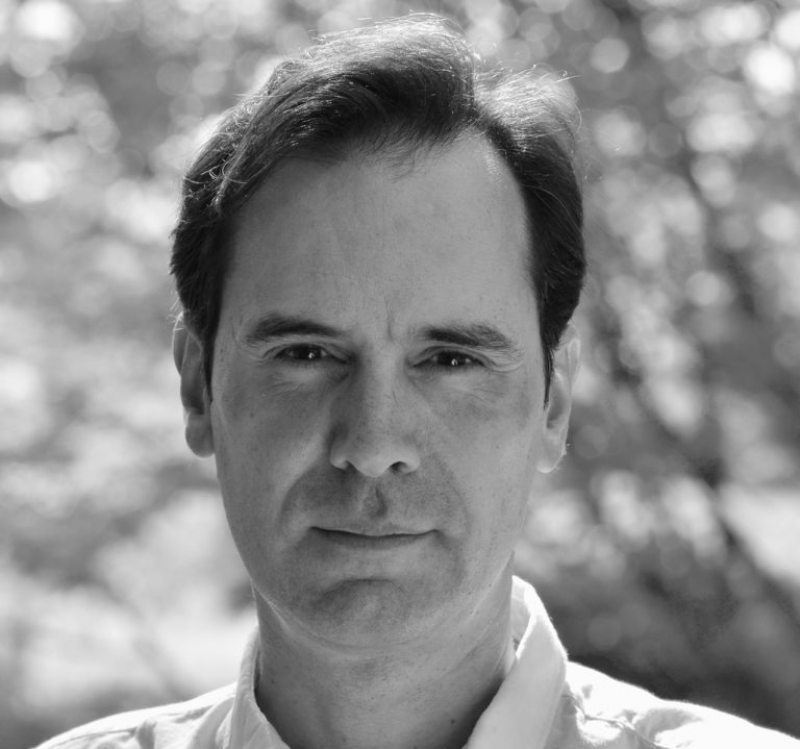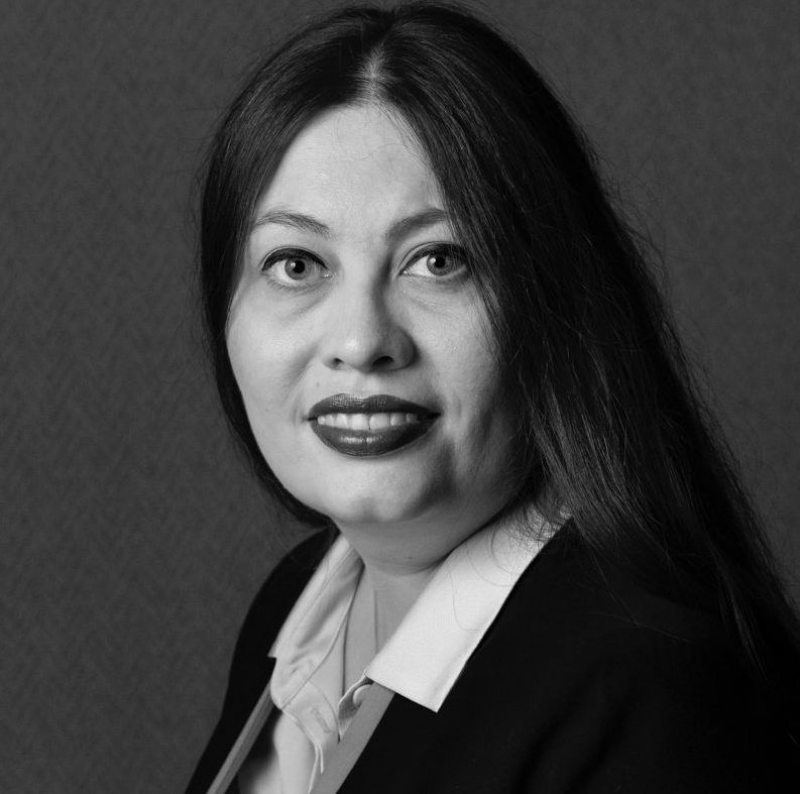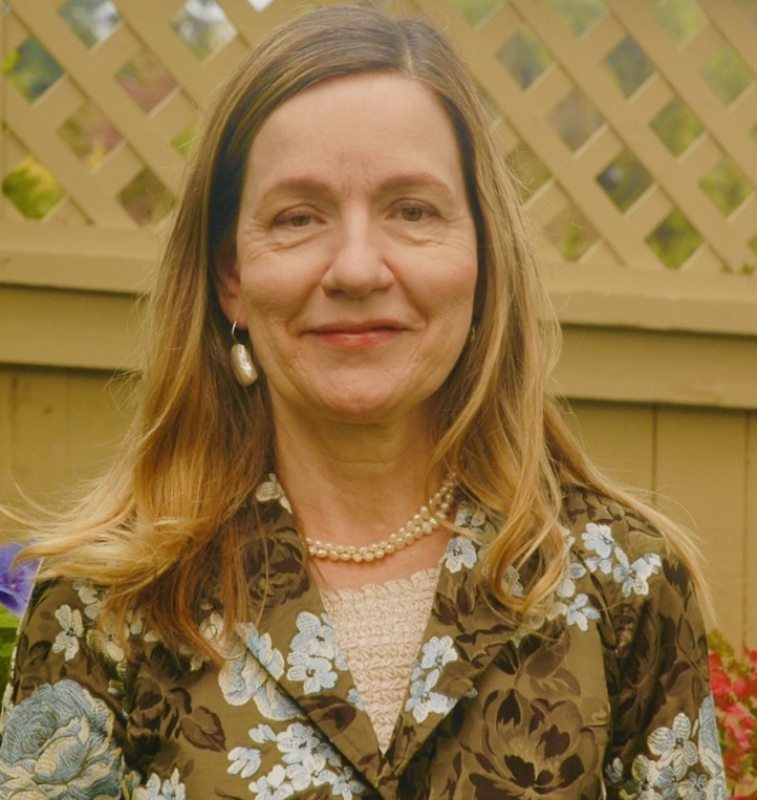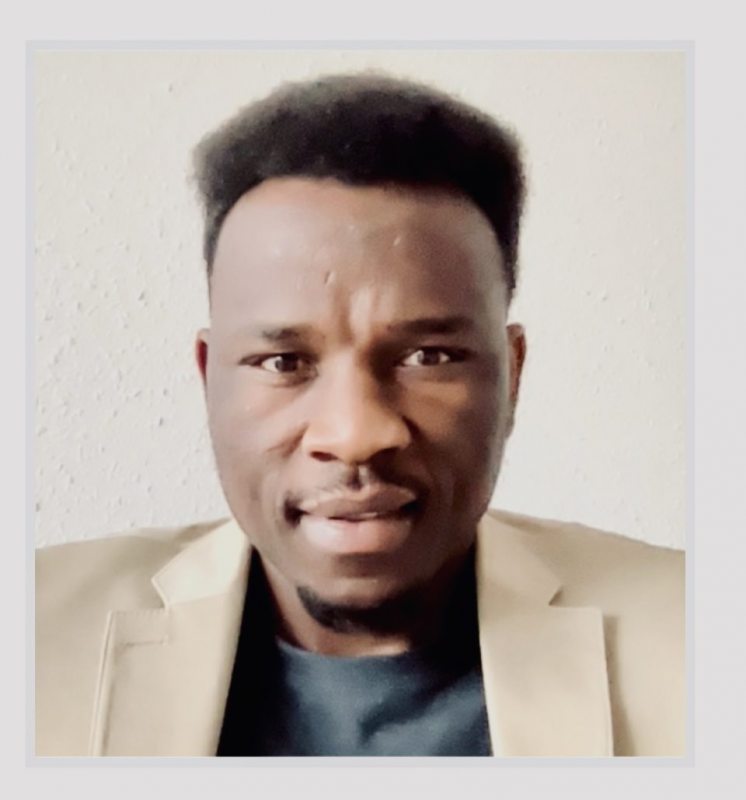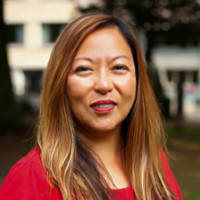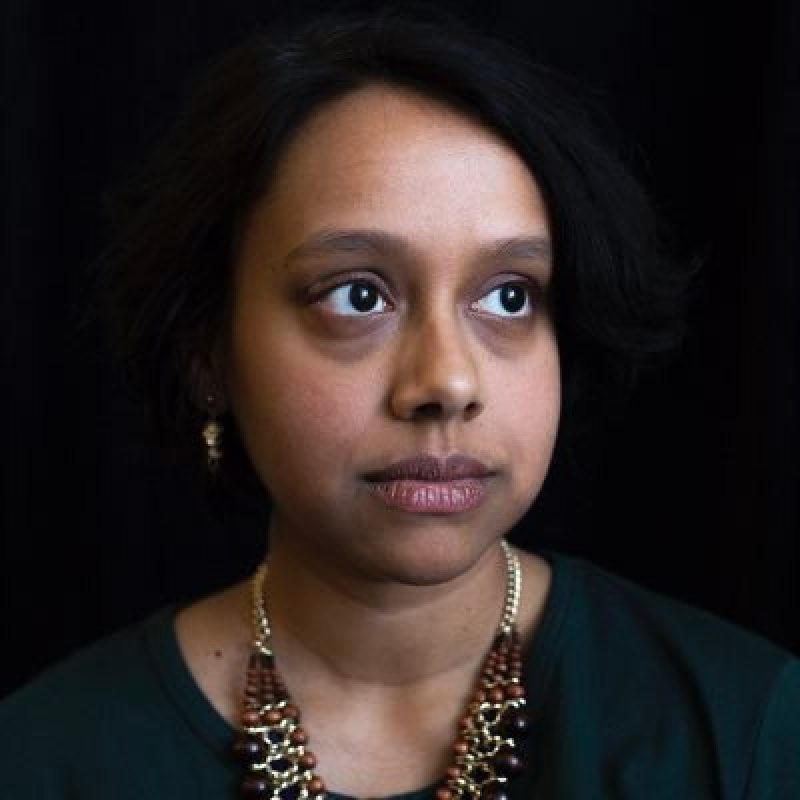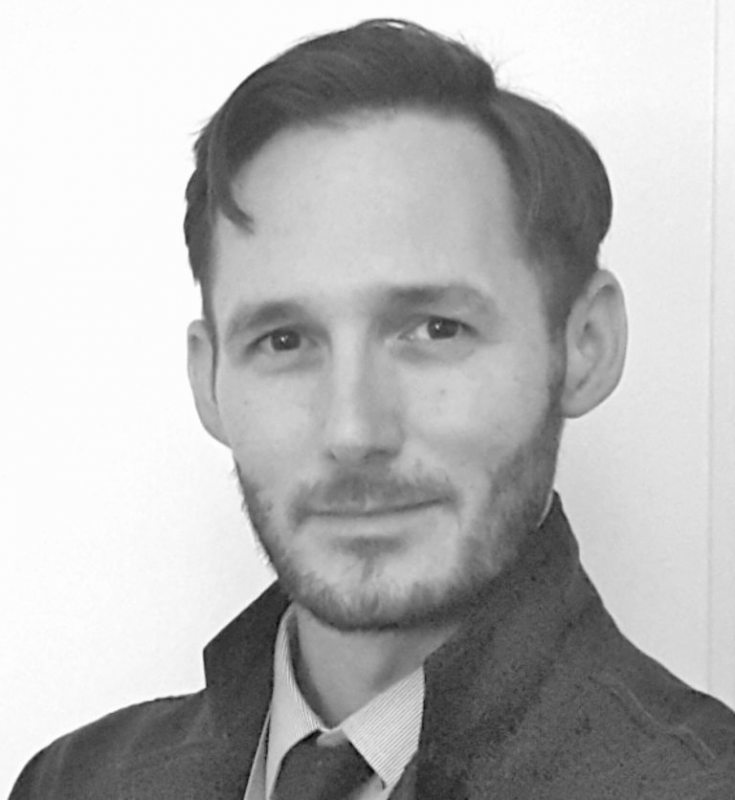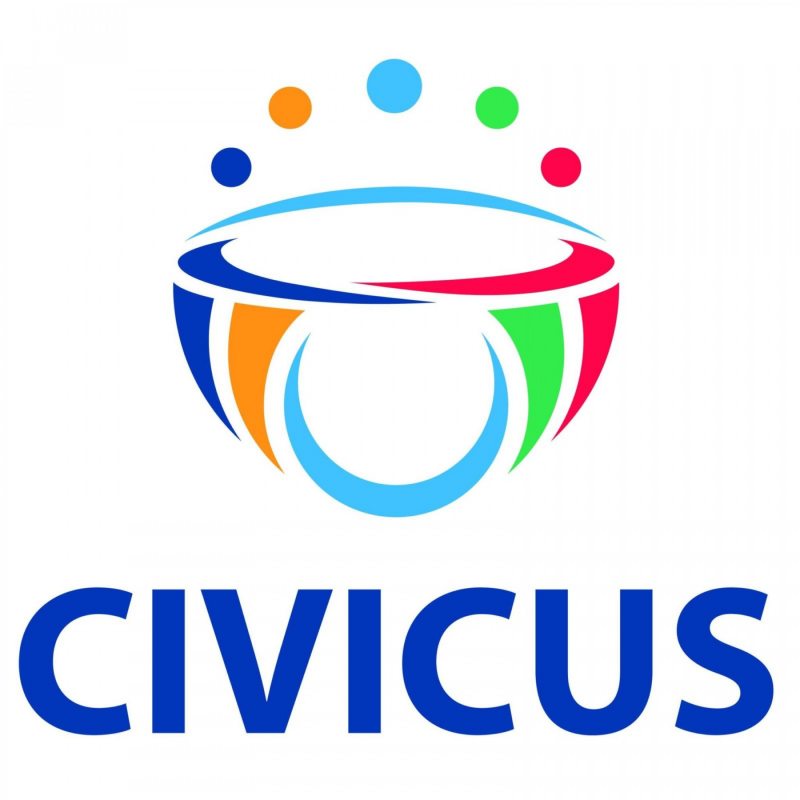Human rights defenders and experts share priorities for High Commissioner Volker Türk
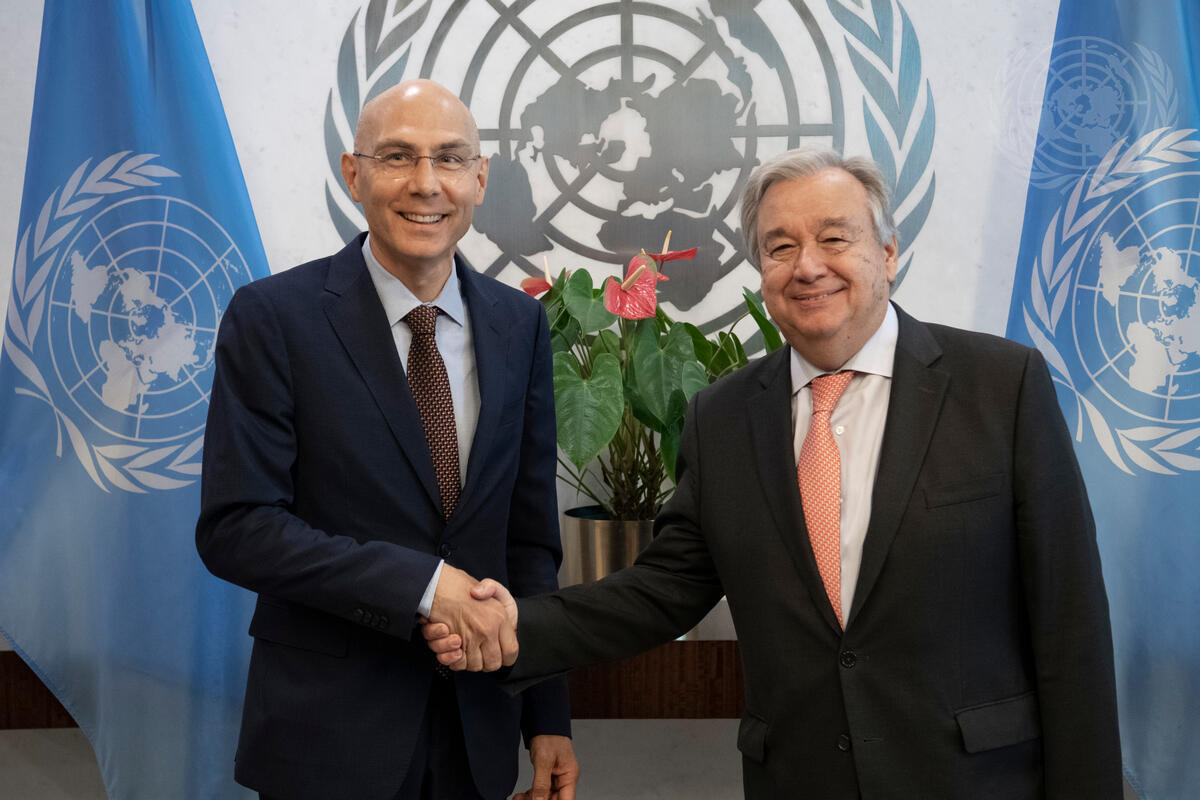
High Commissioner for Human Rights Volker Türk and Secretary-General of the United Nations António Guterres | UN Photo/Evan Schneider
High Commissioner for Human Rights Volker Türk took up his mandate on 17 October 2022. He succeeds Michelle Bachelet of Chile. International Service for Human Rights is keen to ensure that his priorities and approach are informed by the expertise and perspectives of human rights defenders and, for this purpose, compiled a collection of views to help shape a human rights defender agenda for his mandate. Viasna cites some of them.
I urge the new High Commissioner for Human Rights to ensure that member States continue to be empowered and held accountable for upholding the human rights of refugees, ethnic and religious minorities, and LGBTIQ+ individuals. I further urge him to take influential steps to broaden the member States’ scope of protections for human rights defenders and persecuted individuals in order to expand his previous initiatives to address the interrelated global challenges based on trust, solidarity, and human rights.
—Tushar Baidya, Project Director, Inclusive Bangladesh
The High Commissioner must rescue the centrality of human rights throughout the UN system, by restoring the balance between the aspects of its mandate in technical assistance and protection; increased support for the work of special procedures and treaty bodies; and the creation of effective channels between Geneva and New York to permeate the discussions and decisions of the political bodies from a rights-based approach.
—Ligia Bolívar, general coordinator AlertaVenezuela
We extend our sincere congratulations to the new High Commissioner Volker Türk and salute the actions of Michelle Bachelet. We are conscious of the crucial role of the Office of the High Commissioner for Human Rights in supporting national human rights protection policies around the world, which we hope will be a priority of the new High Commissioner. We encourage the strengthening of international cooperation policies in the area of human rights and the rights of human rights defenders in countries in crisis and victims of terrorism. Our best wishes to Mr. Volker Türk.
—Pédan Marthe Coulibaly, Coordinatrice Nationale de la Coalition Ivoirienne des Défenseurs des Droits Humains (CIDDH)
At a time when universal human rights are increasingly under threat, and mechanisms to defend them are subject to mounting multilateral pressure, Türk’s role is more important than ever. The new UN High Commissioner must demonstrate his unwavering support to the promotion and protection of the human rights of all, unequivocally including people of diverse sexual orientations, gender identities and expressions, and sex characteristics. The UN High Commissioner’s office has been pivotal in including SOGIESC issues in their work and has been a tireless voice in support of our movements internally and externally. ILGA World hopes that Volker Türk will continue this legacy and enhance his engagement with LGBTI communities worldwide.
—Julia Ehrt, ILGA World
Dear High Commissioner, as you are becoming the new guardian of our common treasure – the UN human rights protection system – here are a few suggestions based on past experiences: Break the silos! The institution you are about to lead is fragmented. It is already weak because it is underfunded, but this fragmentation wastes energy and undermines its effectiveness. It is your responsibility to make sure that the Office “delivers as one.” New communication and coordination processes must be created, especially between field entities and the headquarters. New digital tools can help make the flow of information more fluid and ensure that each component acts in concert. You are meant to be the conductor!
—Olivier de Frouville, Professor of Public Law and Member of the UN Committee on Enforced Disappearances
After the expulsion of Russia from the Council of Europe, it is expected that thousands of individual complaints against Russia will be submitted to the UN treaty bodies instead of the ECHR. Given the fact that the backlog of individual communications pending before the treaty bodies has increased by 134% between 2015 and 2021, we believe that the High Commissioner should urgently improve and resource the OHCHR Petitions and Urgent Action Section, namely: increase the Section’s staff and introduce innovative approaches of examining the complaints including those already developed by the ECHR.
—Tatiana Glushkova, HRDC Memorial, Russia
High Commissioner, your advocacy is essential to renew the commitment of governments to international human rights at a time when they are sadly waning. Your robust support to other actors who are part of the UN human rights system, such as treaty bodies scrutinising human rights globally, would significantly boost the prospect of achieving progress on international human rights protection. This requires your strong leadership and engagement on management, finance and accountability as per the Office of Internal Oversight Services report (August 2021) for the sake of rights holders who seek and expect justice from treaty bodies.
—Marcia V. J. Kran, International Justice and Development Consultant | Canada, Member UN Human Rights Committee
The High Commissioner should prioritise the protection of human rights defenders and other civil society actors. Reprisals restrict civic space. In recent years there has been a proliferation of legislation restricting civic freedoms, including laws with the purported aim of tackling disinformation or incitement but the actual effect of censoring dissent. Recent years have also, however, shown civil society’s resilience in operating against all odds. The High Commissioner should bolster existing good practices within and outside OHCHR, investing resources in establishing and strengthening dependable national and international networks, reinforcing the three-way dialogue between civil society, OHCHR and government.
—Abdul Aziz Muhamat, migrant rights defender and 2019 Martin Ennals Award for Human Rights Defenders Laureate
With the hundreds of communities of Human Rights Defenders (HRDs) that we stand with and support across Latin America, Africa, Europe and Asia, on behalf of Protection International (PI), we ask that throughout your mandate, you prioritise the protection of HRDs from a collective and preventative approach, and ensure a strong inter-sectional and women’s rights lens across your engagements with States and institutions. We attest that public policies for HRDs protection are vital in achieving enabling environments for the right to defend human rights, and we encourage you to promote their development and ensure robust resourcing in your interactions with States and institutions. We also underline the importance of aligning your mandate with the SDG 2030 agenda. Finally, you can count on Protection International as a key organisation in the field of protection and prevention mechanisms for HRDs to share stories and experiences from the ground, provide advice and expert feedback, and where needed circulate and share developments and information from your office.
Mae Ocampo, Executive Director at Protection International
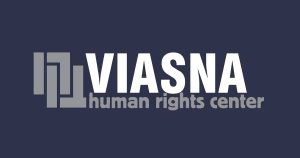
We are outraged by the decision of the Belarusian government to denounce the Optional Protocol to the International Covenant on Civil and Political Rights on filing individual complaints with the UNHRC. The reaction of the UN High Commissioner is extremely important to us. We would be very grateful if Belarusian individual complaints were dealt with faster, as the Belarusian regime continues to massively violate human rights. Every civil servant, every judge must understand that, by making unjust decisions, they violate the norms of international law and these violations will not go unnoticed. An increase in the number of employees who will consider individual complaints is necessary.
—Viktoryia Rudziankova, Human Rights Center “Viasna”, Belarus
Human rights are under attack but they are not in retreat. Across the world, people are fighting for their rights and communities; it is those who should be supporting them – governments and institutions – who are receding. We need a High Commissioner who prioritises civil society, addresses barriers to inclusion and acts when defenders are attacked; who understands that while the frontlines may be different – climate, tech, inequality – the same battles remain; who works with those in power but doesn’t wait for their permission to defend the principles of the UN Charter and Universal Declaration of Human Rights; and who stands up for the vulnerable and up to abusers, whoever they may be.
—Natalie Samarasinghe, Global Director, Advocacy, Open Society Foundations
Communities struggling for human rights and freedom across the Middle East and North Africa are under threat of being annihilated through increasingly brazen and brutal campaigns of repression. Individuals are murdered, disappeared, tortured and imprisoned. Organisations are forcefully closed, have funding cut off and are prosecuted under terrorism and sedition laws. Quiet diplomacy and technical cooperation have had little to no effect on this trend. Increasingly, States are choosing to turn a blind eye to this reality. More than ever, those struggling for human rights need a champion that calls out violators and helps to mobilise international will to address critical human rights situations.
—Jeremie Smith, Director, Geneva Office, Cairo Institute for Human Rights Studies
As the proverbial conscience of the United Nations, the High Commissioner is expected to be a fearless defender of human rights. Where possible, they should act on early warning signs of abuses through preventative diplomacy and targeted interventions to stop violations. When violations occur, the High Commissioner should be relentless in pursuing justice for victims. In times of constrained civic space, we hope the High Commissioner will make it a priority to build strong, lasting relationships with civil society. He should be a champion for those who work daily to defend human rights.
Mandeep Tiwana, Chief Programmes Officer and Representative to the UN at CIVICUS



